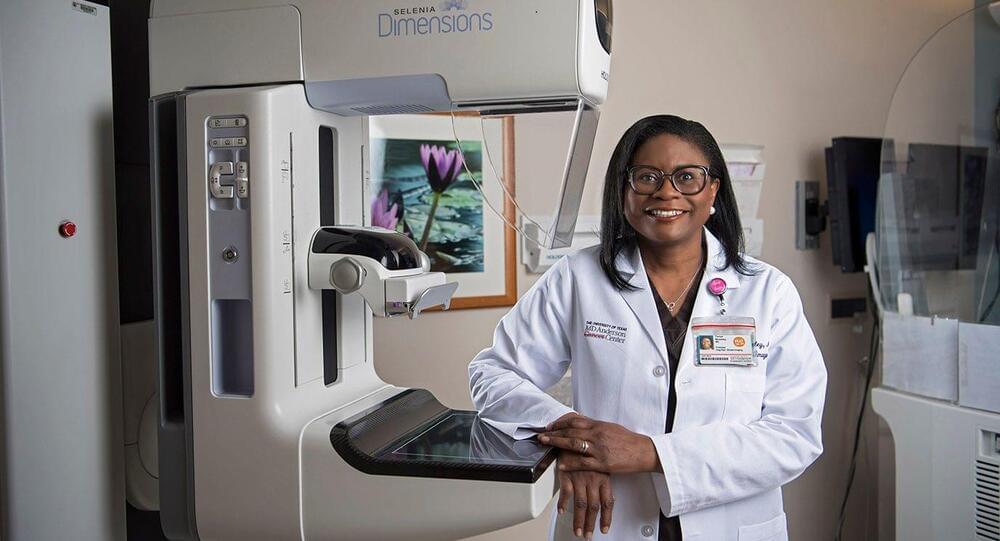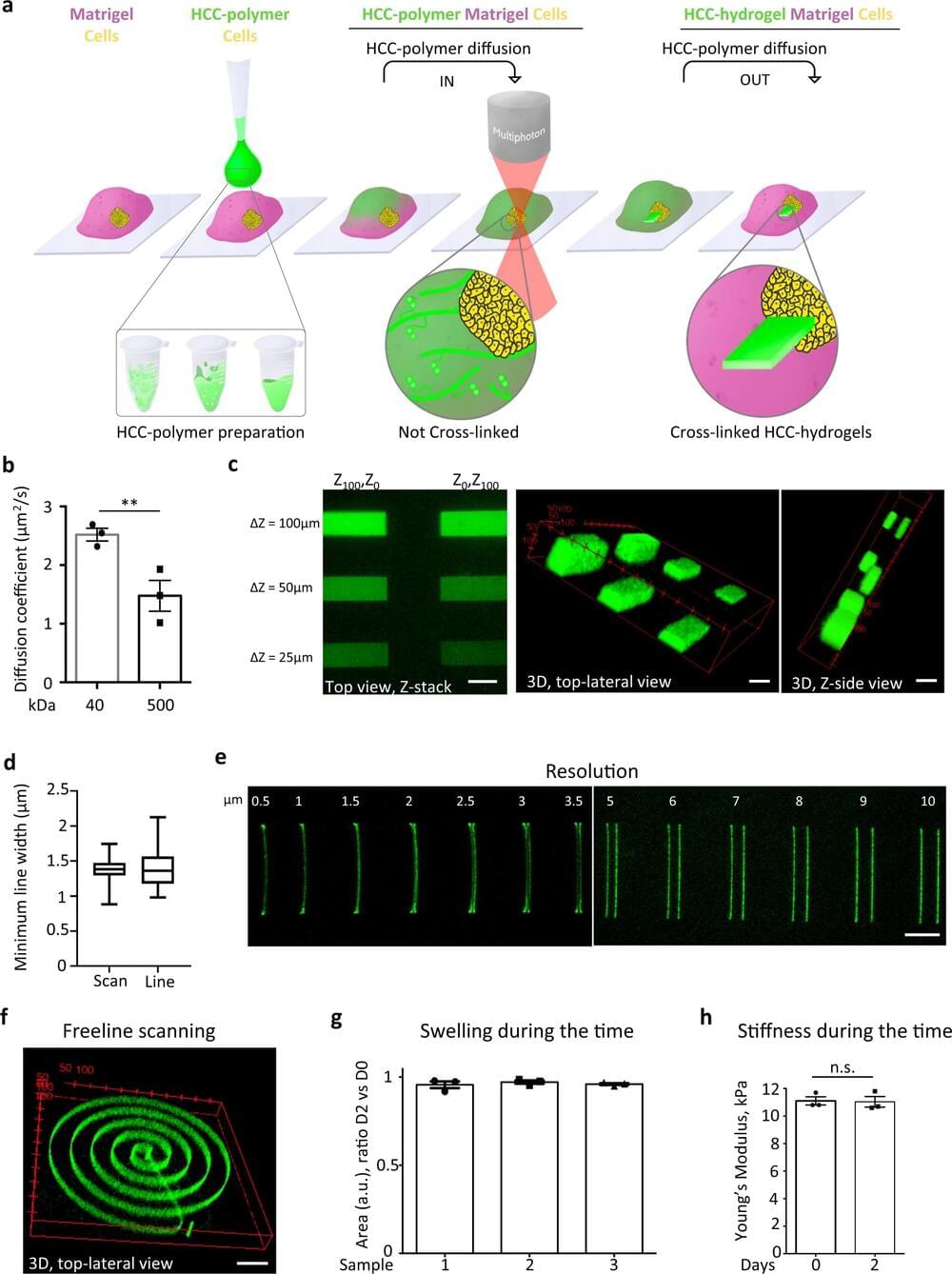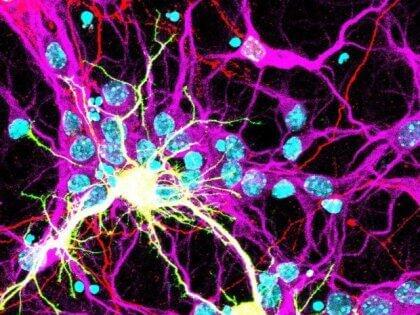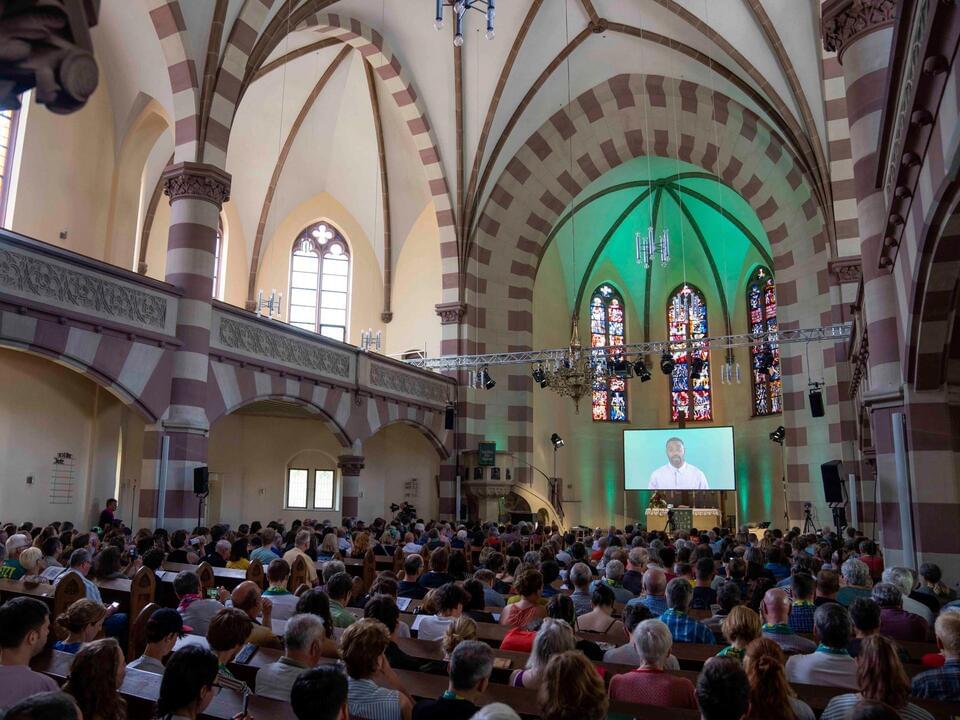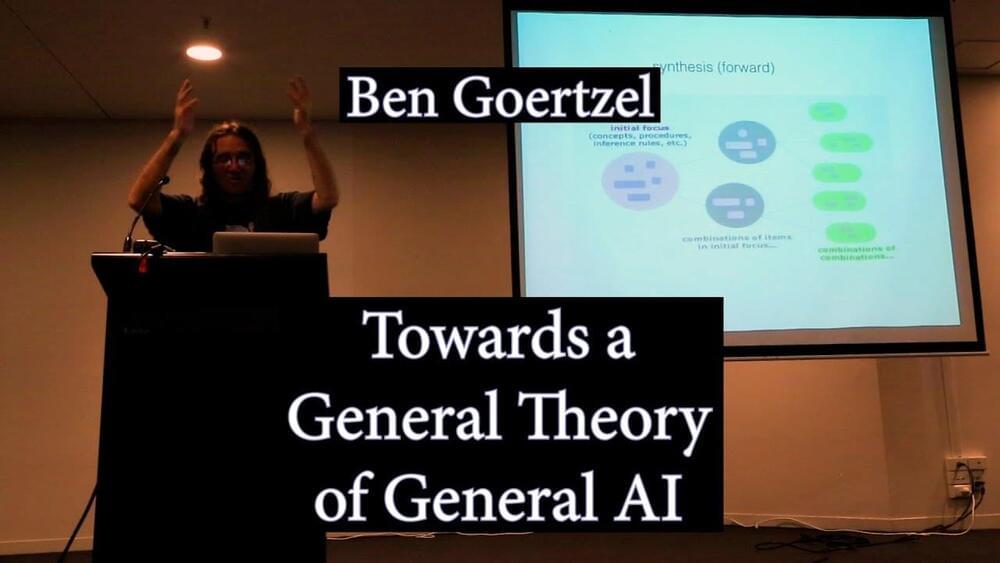
One nebulous aspect of the poll, and of many of the headlines about AI we see on a daily basis, is how the technology is defined. What are we referring to when we say “AI”? The term encompasses everything from recommendation algorithms that serve up content on YouTube and Netflix, to large language models like ChatGPT, to models that can design incredibly complex protein architectures, to the Siri assistant built into many iPhones.
IBM’s definition is simple: “a field which combines computer science and robust datasets to enable problem-solving.” Google, meanwhile, defines it as “a set of technologies that enable computers to perform a variety of advanced functions, including the ability to see, understand and translate spoken and written language, analyze data, make recommendations, and more.”
It could be that peoples’ fear and distrust of AI comes partly from a lack of understanding of it, and a stronger focus on unsettling examples than positive ones. The AI that can design complex proteins may help scientists discover stronger vaccines and other drugs, and could do so on a vastly accelerated timeline.
